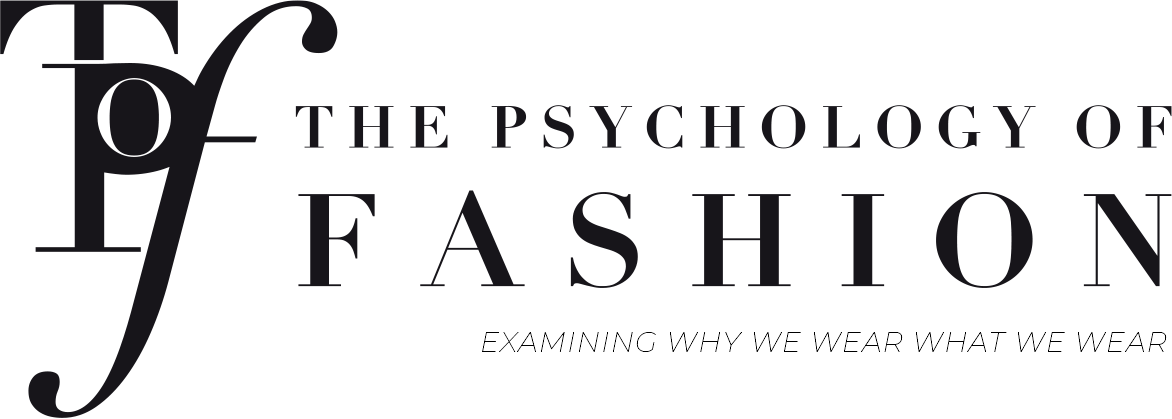It was the best of times, it was the worst of times. I was rising through the ranks in my editorial career, but I literally had to borrow £5 from a friend to buy a sandwich one afternoon. I recall that she was late in meeting me and I remember the hunger pangs, and then it hitting me that I was literally starving for fashion. Not starving-to-fit-into-a-tailored-sample-size-starving, just starving.
“How did I get here?” I wondered. A few years ago I had completed my BSc with honours in Toronto where I had a generous grant and student loan, and had a promising graduate school path ahead of me, a private psychotherapy practice in NYC thereafter most likely, with an office off the park on the Upper West Side in a cute brownstone, naturally. But here I was sitting on the majestic marbled steps of a grand white-stuccoed house in London’s Chelsea, waiting for a fiver so I can buy a roast beef on rye and a Diet Coke.
I was recently asked in an interview, what I would most want to see change in the fashion industry. I answered that I wish the industry could operate like a real meritocracy. Wealth is a huge barrier to entering the fashion industry, which prevents it from operating like a meritocracy.
There’s an oft-unspoken truth that to work in fashion you either have to have a safety net, IE family money or at the very least, live in a flat that’s paid for or have a partner that supports you. Many talented people can’t afford to take the endless unpaid internships required, and then survive on years of minimum wage. If you don’t have a safety net, it’s extremely difficult, and those talented people abandon it in the early stages for this reason. As a result, we end up with many people working in the industry who are only in their positions because they could afford to go through this process, but not because they’re particularly skilled.
The ones who do manage to get through the early years without a safety net often live an untold hell. Some work in sales, others pick pub work, some even dabble in casual escort work to supplement their unpaid positions in fashion. Basically working two jobs while under immense pressure to do a good job at their creative position and often dealing with abusive employers is the perfect storm mental health-wise, and results in the high prevalence of drug and alcohol abuse, as well anxiety and depression, among other disorders, that we see in the industry. Even if they don’t meet diagnostic criteria for any disorder, living this way takes a toll on you that has serious repercussions. Worrying about money, not sleeping, drinking too much and not feeling financially secure at a basic level for a long period of time, affects all areas of your life.
And this conversation isn’t happening loudly enough for us to change anything because in our oh-so-luxurious industry, where we pretend that everyone can have at least some of the latest shit, no one wants to say that they’re broke and can’t cope. I can only reflect on this now and be vocal about it because thankfully it’s well behind me. But back then, I was keeping up appearances to an acceptable degree as many of my colleagues – the ones who could live with family at least - were a bit better off.
When I was researching an abuse op-ed I wrote earlier this year, asking various professionals about their time in the industry and whether they feel they were emotionally abused, many, wanted to talk about money. One Paris-based former styling assistant even recalls footing thousands of her savings to finance a shoot and never being paid back. It seems that you have to sometimes pay to work in fashion too. When I was on a panel with @FashionAssistants speaking about abuse in the industry at the London College of Fashion recently, money, was also a topic that also kept coming up.
But we need to start vocalising these concerns, especially now where many publications still don’t pay their writers. High-profile publications are the worst at paying writers, as it’s such a privilege to get anything published on their pages at all.
I don’t regret anything I’ve had to live through for my career, as unfortunately I am part of the generation that accepts this necessary hustle as part and parcel of a creative career. But of course, I wonder what my twenties would have been like if I didn’t have non-stop anxiety about money, the bad habits I formed to deal with that anxiety, and the family and personal relationships that were damaged as a result.
Let's start speaking about money outside closed doors and making it less shameful. We can’t continue having an industry where only a few profit off of the work of thousands who are suffering for the dream.

